‘Is Oman safe?’ This is one of the main questions I get when I go back to Europe for a visit. The media has often portrayed the Middle East in general as a ‘dangerous place’ and this may lead certain travellers to wonder about travelling in Oman. In fact, Oman is one of the safest countries in the world. However, it is also essential to be well prepared and aware.
This guide will walk you through everything you need to know about staying safe in Oman, from personal security to driving conditions, cultural etiquette, and health precautions. I share with you my top safety tips.
- General Safety: Why Oman is One of the Safest Countries in the World
- Petty Crime
- Violent Crime
- Terrorism in Oman
- The border region near Yemen
- Solo Travel Safety in Oman
- Women’s Safety
- Safety for Families and Children
- Road and Driving Safety in Oman
- Natural Hazards and Safety
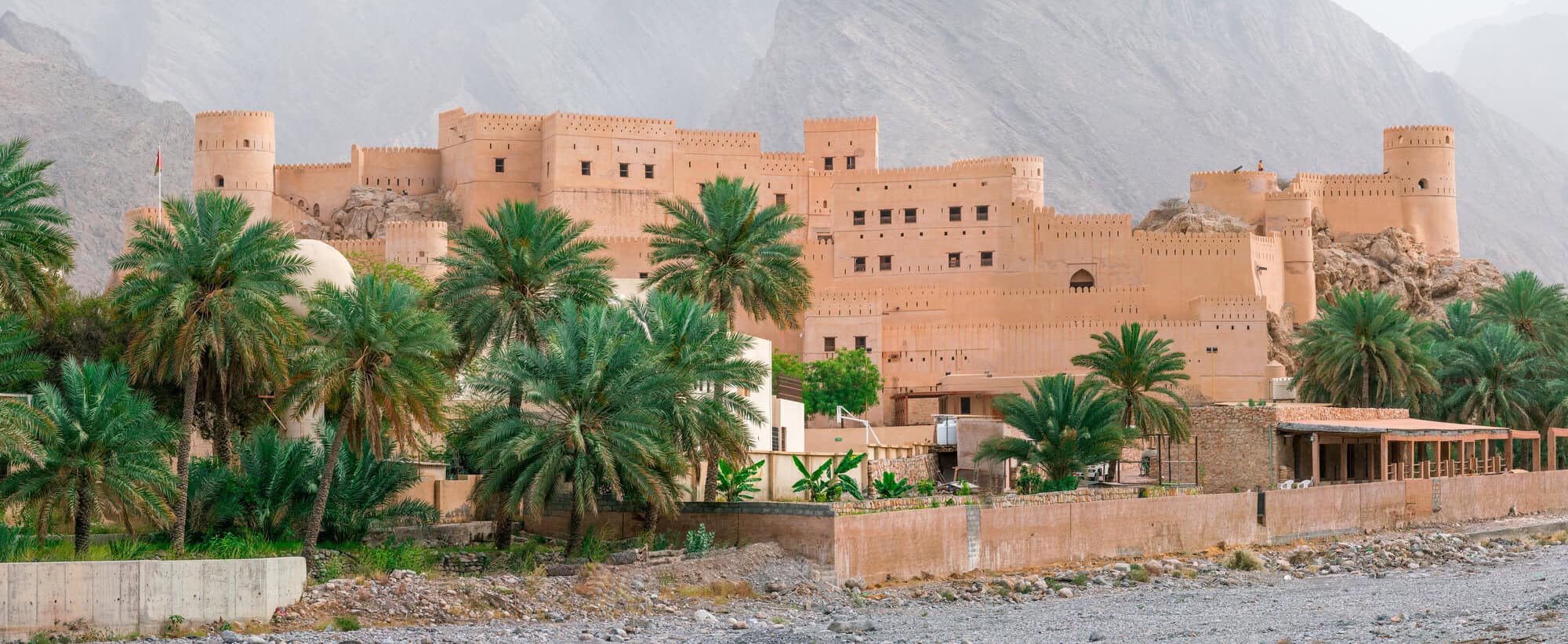
I remember my first visit to Oman when I absentmindedly left my backpack at a roadside café in Muscat. By the time I realized and rushed back in a panic, the staff had already set it aside for safekeeping. Not a single item was missing. This level of honesty is something you’ll often encounter in Oman.
In fact, feeling safe in Oman is not just based on my subjective experience as someone who has lived here for over 4 years.
Official data such as The Global Peace Index places Oman as one of the most peaceful countries in the Middle East. According to the Numbeo Safety Index, Oman ranks fifth in the world in terms of safety. This makes it an ideal destination for travellers seeking adventure, cultural immersion, and stunning landscapes without the worry of security concerns.
General Safety: Why Oman is One of the Safest Countries in the World
The country’s strong rule of law, stable political environment, and emphasis on hospitality create a welcoming space for travellers.
Petty Crime: Extremely rare

Pickpocketing and petty crimes cannot be ruled out but are extremely rare. People in Oman do not worry about theft in general. In restaurants and cafés, it has been my experience that locals leave their phones and computers on the table while they move around. And I must admit that I tend to do the same.
I equally leave belongings visibly in the car (such as my computer) and have never witnessed any problems.
An interesting fact: Muscat is ranked as the eighth safest capital in the world (just behind, Abu Dhabi, Dubai, Sharjah, Manama, and Doha). On the whole, people feel free to walk around without worrying about attacks.
My experience with local police is that they have been respectful and polite.
Violent crime: Almost non-existent
Violent crime is almost non-existent in the country. If we compare the United States and Oman, the murder rate is 722 times higher in the US than in the Sultanate. If perpetuated, a serious crime is punished severely and this acts as a deterrent.
Terrorism in Oman
Unlike some neighbouring regions, Oman enjoys a stable government with a strong focus on maintaining peace and stability. As a result, acts of terrorism are virtually unheard of.
While I have been living in Oman, only one terrorist attack has occurred. On July 15 2024, Oman experienced an unprecedented act of violence when three gunmen linked to the Islamic State (IS) launched an attack on the Shia Imam Ali Mosque in Muscat’s Wadi Kabir district.
This tragic incident, which resulted in the deaths of six worshippers and left up to fifty others injured, marked the first jihadist attack in the country’s modern history.
The event sent shockwaves through Oman, a nation known for its stability, religious tolerance, and low crime rates. I remember Omani colleagues coming to work and voicing their utter shock when speaking about the event.
On the whole, the use of metal detectors is extremely rare. The only time I have seen these used is at the ‘Oman across the Ages Museum’ which opened in 2023.
The border region near Yemen
The border region between Oman and Yemen, particularly in the far southwest near Al-Mazyunah and the remote parts of Dhofar, is an area to approach with caution. While Oman maintains strong security, the situation across the border in Yemen remains unstable, with occasional reports of smuggling activity and unrest. Travellers are generally advised to avoid unnecessary trips to this border zone.
If you’re visiting Dhofar, Salalah and its surrounding coastal and mountain areas are perfectly safe, but it’s best to stay within well-travelled routes and check for any travel advisories before heading further inland toward the border
Solo Travel Safety in Oman
Solo travellers, including women, find Oman to be a very safe destination. The respect for personal space and cultural values make it comfortable for visitors to explore independently. Here are a few tips to enhance your experience:
- Dress modestly to respect local customs and avoid unwanted attention.
- Avoid isolated areas at night, though crime is extremely rare.
- If you need assistance, don’t hesitate to ask locals or security personnel—they are usually very helpful.
Women’s Safety
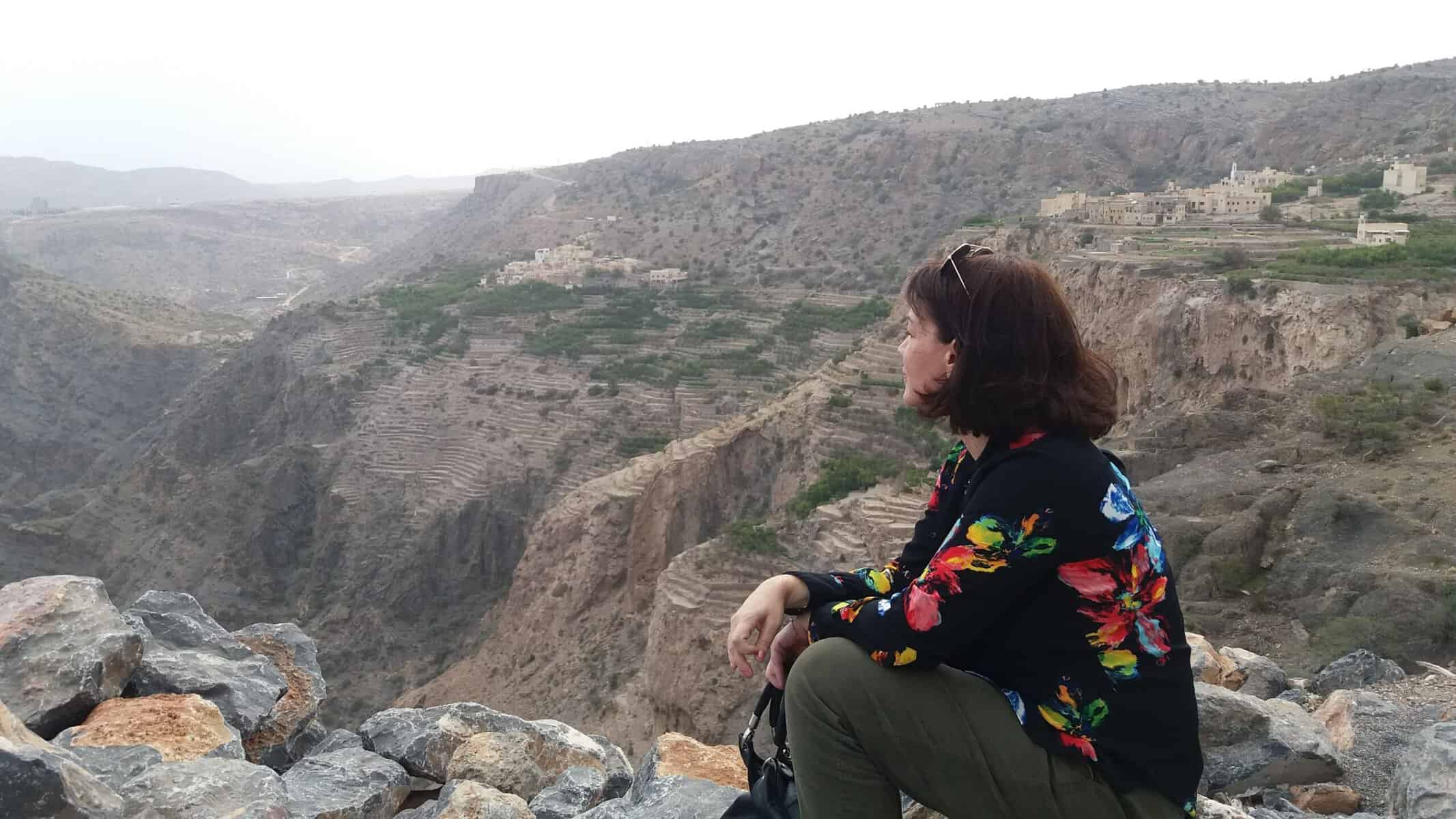
Women travelling alone or in groups will feel safe in Oman due to the country’s respectful culture and strong sense of community. While street harassment is unheard of, here are a few things to keep in mind:
- Local women typically wear abayas and hijabs, but tourists are not required to do so. However, dressing conservatively (covering shoulders and knees) is recommended, especially in rural areas.
- If using public transport or taxis, sit in the back seat as a precaution, though drivers are generally professional and respectful.
- In case of any issues, approaching hotel staff or authorities will ensure immediate assistance.
- I must add that as a female, I feel safer in Oman than in Europe. I am aware that this flies in the face of certain stereotypes that may exist about the Middle East and that simplistically lump all countries together.
Safety for Families and Children
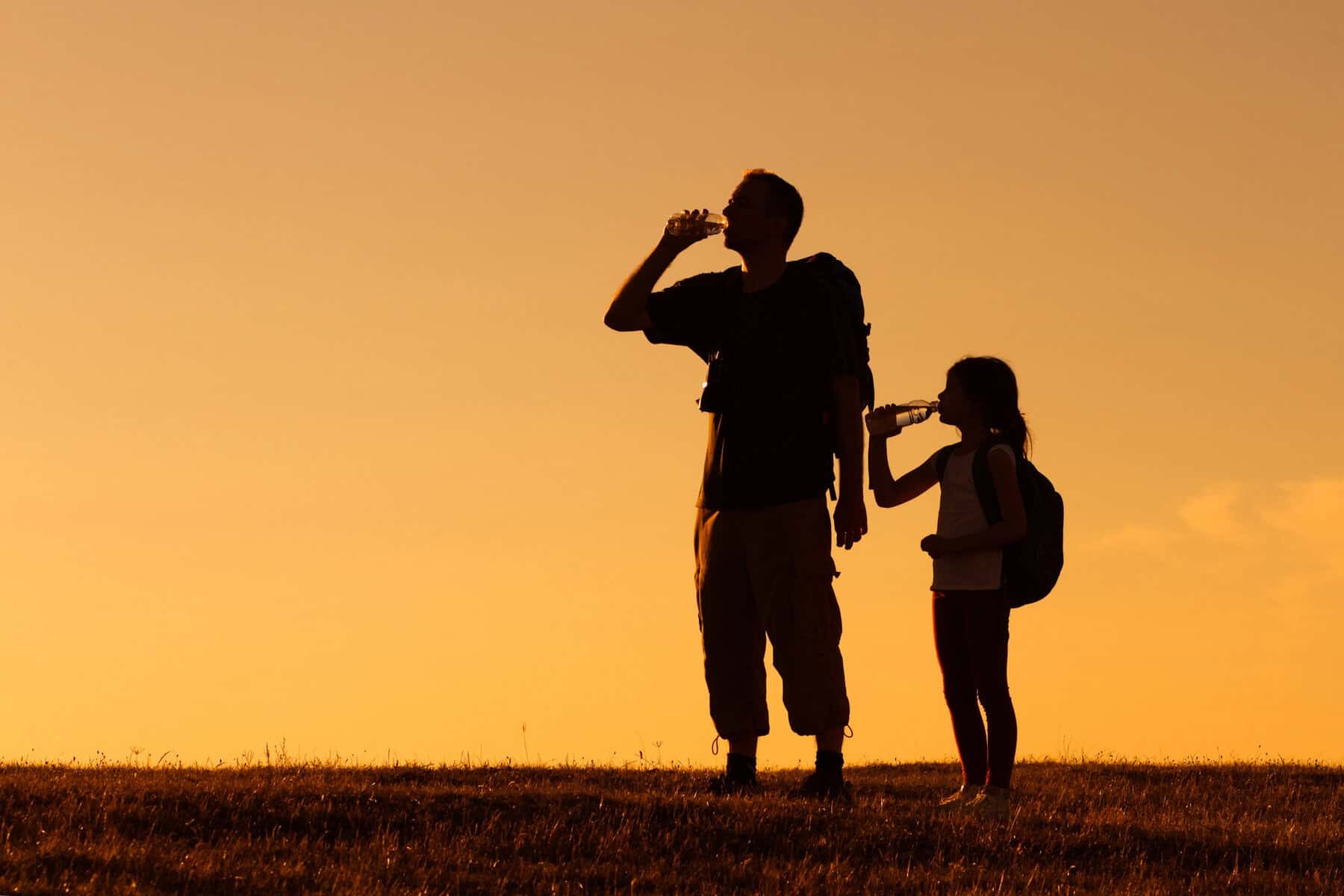
Oman is an excellent family-friendly destination. With welcoming locals, clean environments, and plenty of child-friendly attractions, families can explore Oman with peace of mind. Some key aspects include:
- Well-maintained public spaces and family-friendly attractions.
- Low risk of foodborne illnesses if eating at reputable restaurants.
- High standards of hygiene in hotels and accommodations.
Road and Driving Safety in Oman
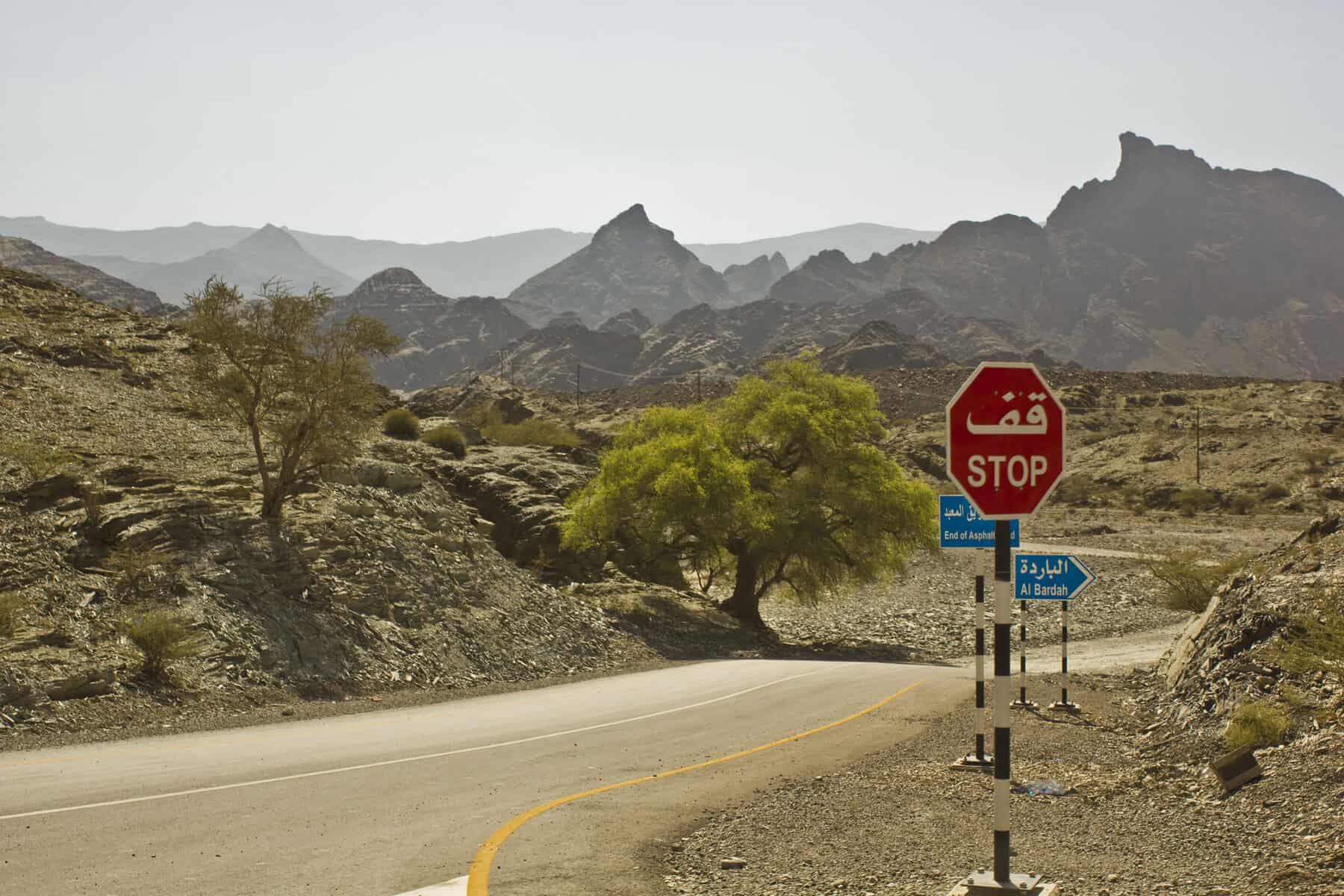
Driving in Oman is one of the best ways to explore the country’s diverse landscapes, but there are some safety considerations:
- Road Conditions: Highways are well-maintained, but mountain roads and desert tracks can be challenging. My advice would be to get a local guide to drive you around the mountainous area of Jabel Akhdar. If you are planning on spending time in the Wahiba Sands desert, you can ask the manager of the desert resort to pick you up (at a fee) and drive you to your base.
- Speeding and Reckless Driving: Some local drivers speed on highways, so always stay alert and follow road signs.
- Always have a fully charged phone on you: travel with enough water, a GPS, and a fully charged phone.
- Fuel and Rest Stops: Gas stations are frequent on main routes but can be scarce in remote areas, so plan accordingly.
For more information about driving in Oman, see my blogpost ‘9 essential tips to survive driving in Oman.’
Natural Hazards and Safety
Oman’s breathtaking landscapes invite adventure, but it’s important to take necessary precautions:
Wadi Hikes: Flash floods can occur suddenly, especially in rainy seasons. Check weather forecasts before hiking.
Wildlife Encounters: While Oman has minimal dangerous wildlife, watch out for scorpions and snakes in desert areas.
Health and Medical Safety
Oman has a fairly decent standard of healthcare, with well-equipped hospitals in major cities. Here’s what you should know:
- No special vaccinations are required, but standard travel vaccines (Hepatitis A & B, Typhoid) are recommended.
- Bottled water is advisable in the country on the whole.
- Pharmacies are well-stocked, but it’s best to bring any necessary prescription medications with you.
Photography in Oman: What you need to know
If you love capturing travel memories through photography, Oman offers plenty of stunning backdrops—from dramatic desert dunes to lively souqs. But when it comes to photographing people, always ask for permission first. Many Omanis are happy to be photographed, but out of respect for local customs, it’s best to check before snapping a picture – especially when it comes to women and children.
As in many countries, taking photos of government buildings or military sites is strictly off-limits. If you’re unsure whether a location is okay to photograph, it’s always safer to ask.
Thinking about flying a drone? Keep in mind that using drones or remote-controlled flying devices without a valid license is illegal in Oman. If you’re hoping to capture aerial shots, make sure to check the latest drone regulations before you go.
Emergency Contacts and what to do in case of Emergency
While emergencies are rare, it’s good to be prepared. Keep these emergency numbers handy:
- Police & General Emergency: 9999
- Tourist Police: Available at major tourist sites for assistance.
- Hospitals & Ambulance: Easily accessible in cities; call 9999 in case of a medical emergency.
If safety is one of your top concerns while planning your trip, Oman is one of the safest travel destinations in the world. With a welcoming culture, low crime rates, and well-maintained infrastructure, it’s a fantastic place for solo travellers, families, and adventurers alike. By respecting local customs, taking common-sense precautions, and staying aware of your surroundings, you’ll have a memorable and worry-free journey in Oman.
Are you planning a trip to Oman? Share your thoughts or feel free to ask any safety questions in the comments below!
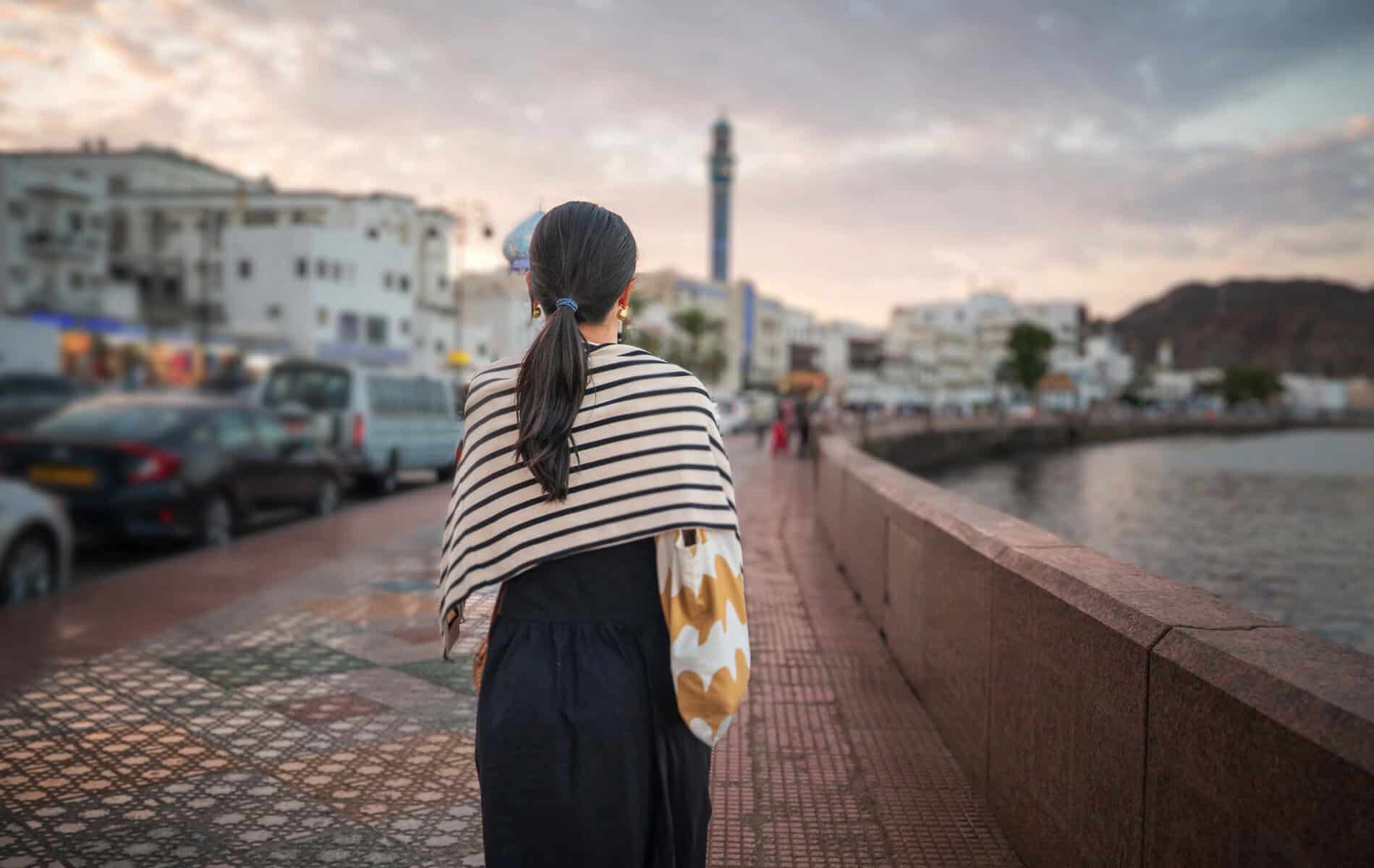
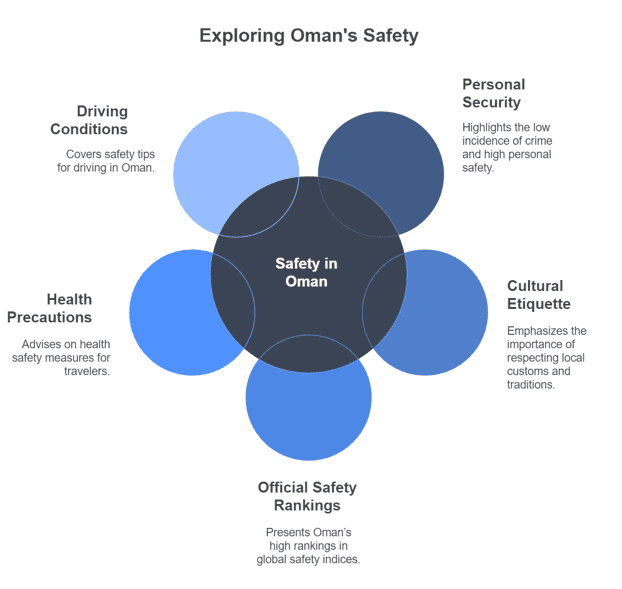
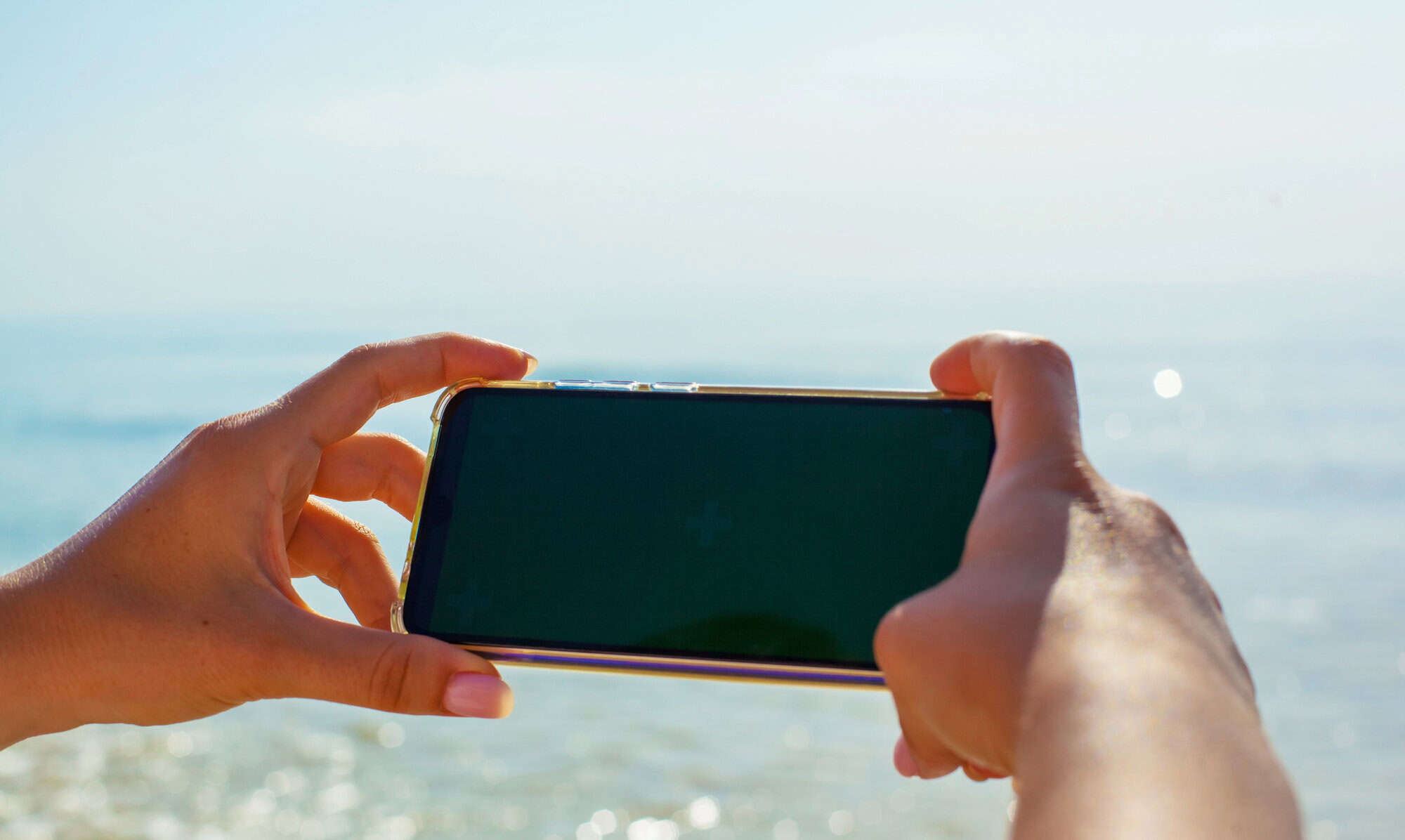





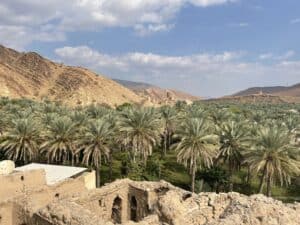

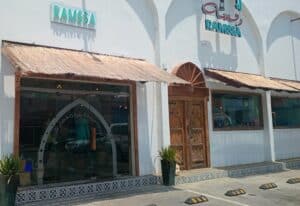


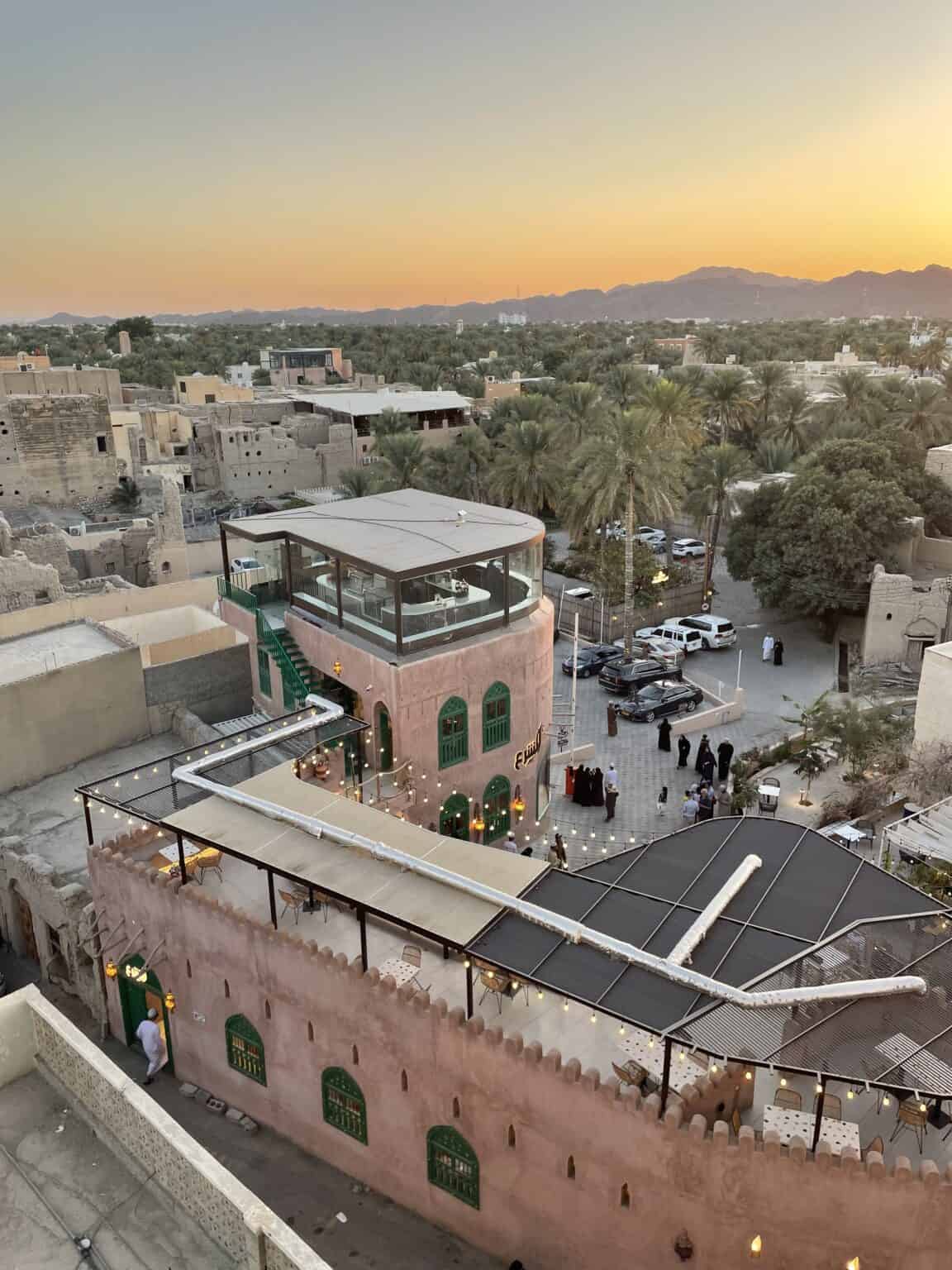


10 responses
Hello
Is there an app or a map showing the speed radars of Oman?
Estarei em Omã no final de setembro e suas informações me ajudaram muito na escolha do Hotel!
Obrigada Christine
Merci Christine pour ce temps passé à nous décrire comment se sentir comme chez toi, chez nous !
J’ ai voyagé encore !
À bientôt ✈️
C’est un plaisir, Anne. Vraiment!
Wow❤️
Thanks. If you need more information about accommodation in Muscat or other aspects of travelling in Oman, don’t hesitate to ask.
Hi Christine, thank you so much for the restaurant recommendation. I loved the food, the atmosphere and the place in general. I also talked to Khaled, the supervisor. He says hi. Thank you again. Tomorrow is my last day in Muscat. Any last minute must- see places?
Saliha from Algeria
Hello Saliha, Glad to hear you enjoyed the restaurant. In terms of Muscat, there are many options but some must-sees are Muttrah (the Corniche, Souq and Fort), Al Qurum (Shatti Al Qurum with its beach, the Opera building), and Old Muscat (the Royal Palace and gardens around, the Bait Al Zubair museum). I hope you get to see some of these. Have a great day!